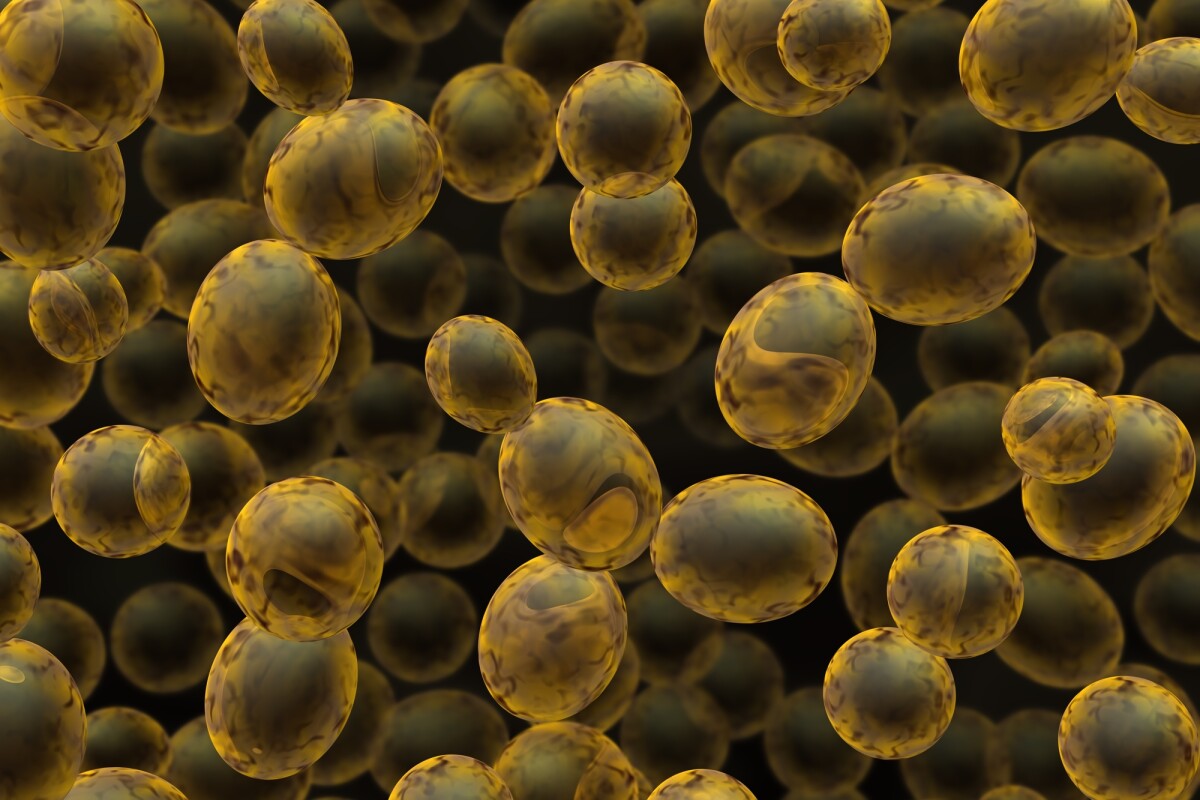
I can handle this. Of course, now we know what we are looking for natural varients can be applied to the same end point.
some day we will have a medicinal beer on tap which we all use. This covers a lot of bio issues that do trouble us.
Sp this approach is sreally good to see.
.
Beer yeast genetically engineered to detect and treat gut inflammation
By Rich Haridy
June 28, 2021
Researchers from Brigham and Women's Hospital have engineered yeast used in baking, wine-making and brewing to treat inflammatory bowel disease (IBD). The bacteria has been modified to secrete an anti-inflammatory molecule in response to signs of gut inflammation and has proven effective in preclinical tests.
https://newatlas.com/science/genetically-engineered-yeast-detect-treat-gut-inflammation/
Our gut microbiome is increasingly implicated in everything from cancer to neurodegenerative disease but it is still unclear exactly how we can translate these novel findings into clinical treatments. Fecal transplants are probably the most primitive microbiome-modifying treatment we have developed, while probiotics simply rely on upping specific levels of naturally occurring bacteria.
Perhaps the most futurist microbiome therapy under investigation is the idea of genetically engineered probiotics. Here researchers modify bacteria to either eat up molecules we don’t want in our body or secrete molecules we know have positive therapeutic effects.
Over the last few years a variety of preliminary studies have demonstrated engineered bacteria killing colorectal cancer, treating diabetes, and clearing out excess ammonia. Now a new study, published in Nature Medicine, is demonstrating how a CRISPR-engineered yeast bacterium can detect gut inflammation and treat it.
"We've taken yeast – the very yeast that's used to make beer – and we've given it the ability to sense inflammation and secrete an anti-inflammatory molecule," explains corresponding author Francisco Quintana. "We call this new platform 'Y-bots' (yeast robots) and see the potential here for developing therapeutics that can treat diseases of the gut tissue and more."
The researchers describe the engineered yeast as “self-tunable”, meaning the secretion of its anti-inflammatory molecule is directly linked with detectable levels of a different pro-inflammatory molecule. So the bacteria hypothetically should be able to deliver localized inflammatory treatments depending on the signals it receives in the gut. No inflammation equals no secreted medication, lots of inflammation equals lots of anti-inflammatory metabolites.
As with most of these engineered bacteria experiments the research is still in preclinical stages. The new study details tests in IBD mouse models showing the engineered yeast does effectively suppress gut inflammation with an efficacy “similar to or higher” than current treatments. But no human trials have been embarked upon thus far.
Those interested in filling their gut with these designer probiotics shouldn’t hold their breath. These kinds of treatments are still years away from clinical applications, with many not even up to the stage of safety testing in humans.
But, thinking about what medicine could look like in a few decades time, these kinds of engineered bacteria present us with a fascinating futurist idea. Beyond just gut inflammation, bacteria could hypothetically be modified to both diagnose many diseases and produce any number of different metabolites as treatments.
"We want to use the tools of synthetic biology to engineer what can be found in nature," says Quintana. "By engineering probiotics, our goal is to create more personalized, localized and highly controlled medications for treating diseases of the gut and beyond."
The new study was published in the journal Nature Medicine.
No comments:
Post a Comment